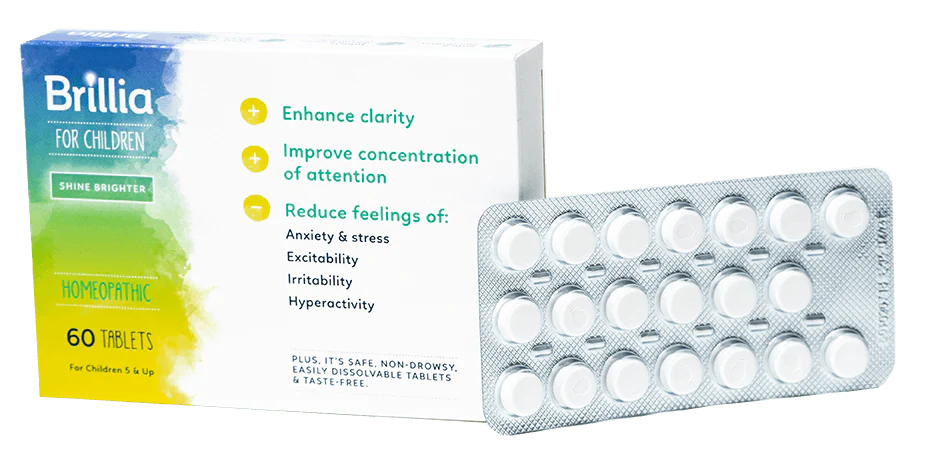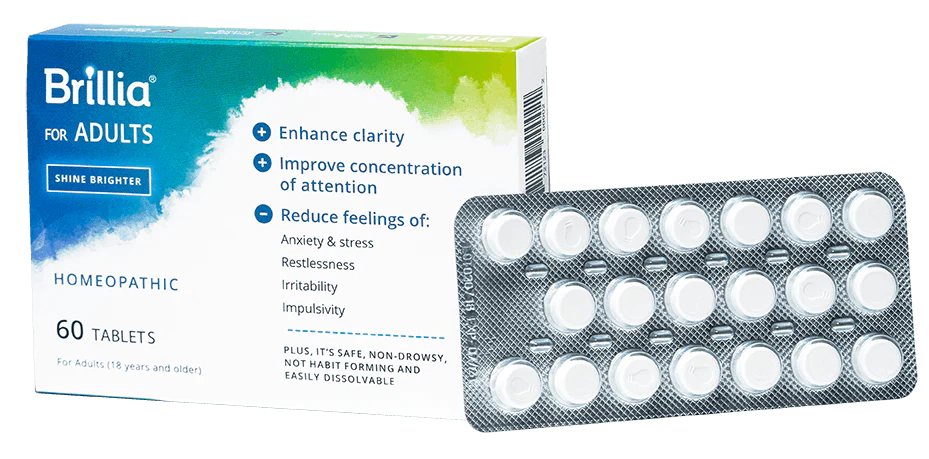Studies show that an estimated 25 to 50 percent of people with ADHD experience sleep problems, which range from insomnia to secondary sleep conditions.1 These sleep issues often result in significant impairments affecting mood, attention, behavior, school/work performance, and ultimately quality of life. Find out how ADHD in children and in adults affects their quality of sleep and explore various ways to get more rest.
What Is Insomnia?
Insomnia is a common sleep disorder that affects approximately 33 to 50 percent of the adult population in the U.S. and 20 to 40 percent of children.2, 3 People with insomnia have trouble falling or staying asleep or they may wake up too early and have difficulty getting back to sleep. Though it varies by individual, most adults need seven or more hours per night and school-aged children need up to 12 hours.4 When we do not get enough sleep on a regular basis, we are at risk for developing a number of health issues.
Complications of insomnia include:
- Mental health issues, including anxiety disorders
- Increased risk of of long-term diseases or conditions, like high blood pressure, diabetes, and heart disease
- Poor performance at work/school
- Impaired reaction speeds, leading to accidents and injuries
- Difficulty concentrating and poor memory
- Weight gain and obesity
Some risk factors for developing insomnia include:5
- Gender: Insomnia occurs more often in women than men
- Age: Insomnia increases with age due to changes in sleep patterns and health
- Stress: Everyday stressors like work, finances, and relationships can affect sleep quality
- Mental health issues: Anxiety disorders and depression have been linked to insomnia
- Chronic pain: If you struggle with chronic disorders like arthritis, fibromyalgia, or GERD, you be at risk for developing insomnia
- Neurological disorders: Alzheimer’s disease and Parkinson’s have both been associated with insomnia
- Lack of sleep schedule: If you’re a shift worker or simply practice poor sleep hygiene, you may develop insomnia
- Attention disorders: Beginning around puberty, many people with ADHD start to exhibit sleep issues
Insomnia vs. Sleep Deprivation
Sleep deprivation affects an estimated one-third of American adults and is characterized by the inability to get the sleep you need.6 Though insomnia and sleep deprivation involve failing to get enough sleep, they are not the same thing. According to the National Sleep Foundation, “people with insomnia have trouble sleeping even when they have plenty of time to sleep.7 On the other hand, people with sleep deprivation don’t have enough time allocated for sleep as a result of behavior choices or everyday obligations.” Symptoms of sleep deprivation include slowed thinking, impaired memory, lack of energy, mood changes, and impulsive decision-making.
Common causes of sleep deprivation include:
- Heavy school/work schedules
- Poor sleep hygiene, such as an inconsistent sleep schedule or overusing screens before bed
- Medical conditions like sleep apnea, injuries, or anxiety
Shine Brighter
ADHD & Sleep Problems
Sleep problems tend to begin in early childhood in people with ADHD, and include fragmented sleep, bedtime resistance, and sleep onset insomnia.8 These problems often increase with age. Researchers believe these sleep disturbances occur because of deficits of the prefrontal cortex functions, which carries out executive functions, a dysfunction of the dopamine neurotransmitter, and a maladjusted circadian rhythm.9
Hyperfocus, a common symptom of ADHD, can also lead to sleep problems. According to Roberto Olivardia, a lecturer in the department of psychology at Harvard Medical School, people with ADHD often want to work in the evening because there are fewer distractions than during the daytime. However, this “hyperfocus of productivity” can be hard to power off and get to sleep.
Fixes for Sleeplessness
Establishing a consistent bedtime routine is one of the first things a person with ADHD should do to combat sleeplessness. Going to bed at the same time each day and waking up at the same time will help to get your circadian rhythm on track and making your sleep environment relaxing and free from distractions will signal to your body that it’s time to slow down and rest.
Some other tips to sleep more, and sleep better include:
- Power down tablets, laptops, and TVs before bed
- Avoid caffeine, sugar, and alcohol as much as possible, but especially before bed
- Incorporate mindfulness practices or other relaxing rituals into your sleep routine, such as meditation, mindful breathing, or even just listening to soft music
- Keep your mind off school/work by making a to-do list for the next day
- Avoid stimulating activities before bed
- Get enough sunlight in the day
- Exercise regularly
- Use a weighted blanket
- Drink a warm cup of tea or try aromatherapy
Addressing your ADHD issues with a non-prescription medication like Brillia can also help you feel more balanced and relieve anxiety symptoms that may be keeping you from falling asleep. Brillia is a non-prescription medication that targets ADHD and anxiety symptoms without harsh, synthetic chemicals or harmful side effects. Though the medication does not directly help with insomnia in the sense that it does not cause drowsiness and it is not a sleep aid, once other symptoms, such as anxiety and hyperactivity are decreased, then we do have reports of being able to get a more restful night of sleep as an indirect result.
Brillia’s active ingredient consists of antibodies to the S100 protein, which plays a crucial role in mood regulation and neuroplasticity. Without any off-target effects of risk of dependency, Brillia gently and impactfully seeks out and attaches to the S100B protein and balances the mood, stopping symptoms like restlessness, irritability, and inattention at their very source. Brillia for Children is safe for children five and older and there is also the Brillia for Adults formulation. If you are already taking a prescription medication for ADHD or anxiety, Brillia can be safely added to your regimen as there are no contraindications with other medications or supplements.
Find out more about how Brillia works, how to support your symptoms with healthy lifestyle habits, and find more resources on managing anxiety and ADHD at the Brillia blog.
 A whole bunch of support right in your inbox.
A whole bunch of support right in your inbox.







